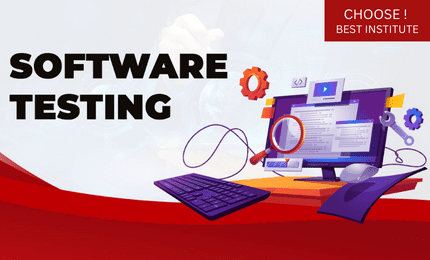The contemporary business world is undergoing a paradigm shift, with data-driven decision-making at its core. As businesses worldwide recognize the trans-formative potential of data, the value of business analytics has been skyrocketing. For MBA grads, who are preparing to become future business leaders, it’s crucial to understand the power of analytics. Here’s why every MBA grad should consider acquiring business analytics skills:
1.Rising Demand for Analytics Professionals
The increasing dependence on big data means there’s a growing need for professionals who can decode and interpret this data. Companies are on the lookout for MBA graduates who are well-versed in business analytics, understanding its practical applications in real-world scenarios.
2.Enhanced Decision-Making Capabilities
Business analytics provides actionable insights, which facilitate informed decision-making. Having analytical skills will empower MBA grads to make data-backed decisions, minimizing guesswork and ensuring the best outcomes for their organization.
3.Competitive Advantage
With many industries undergoing rapid digital transformation, companies that leverage data to its fullest potential gain a significant edge over their competitors. As an MBA grad with business analytics skills, you bring that competitive advantage to the table.
4.Increased Earning Potential
As the demand for business analytics professionals grows, so does the remuneration. MBA grads with expertise in analytics often command higher salaries than their peers, reflecting the value they add to an organization.
5.Diverse Career Opportunities
Business analytics isn’t industry-specific. From healthcare to finance and e-commerce, every sector is realizing the importance of data. This means a wide array of career opportunities for MBA grads equipped with analytics skills.
6.Future-Proofing Your Career
With the rapid advances in AI and machine learning, roles that don’t evolve run the risk of becoming redundant. However, the human aspect of interpreting data and making strategic decisions remains irreplaceable. Acquiring analytics skills ensures you remain relevant in the ever-evolving job market.
7.Holistic Business Understanding
Business analytics provides a comprehensive view of business operations. It equips MBA grads with a deep understanding of customer behavior, supply chain intricacies, financial forecasting, and much more, ensuring a holistic approach to business management.
8.Fostering Innovation
In today’s dynamic business landscape, innovation is the key to staying ahead. Analytics paves the way for understanding market gaps, predicting trends, and innovating effectively to meet customer demands.
9.Improved Efficiency and Productivity
With business analytics, processes can be streamlined, and inefficiencies can be identified and eliminated. This drives organizational efficiency and productivity, values that every MBA grad should aim to champion.
10. Skillset Complementarity
Business analytics complements traditional MBA modules like marketing, finance, and operations. An understanding of analytics can amplify the effectiveness of strategies in these areas, making for a powerful combination of traditional business knowledge and contemporary analytical skills.
*Conclusion*
In an era driven by data, business analytics has emerged as a fundamental skill for future business leaders. For MBA grads, integrating business analytics into their toolkit is no longer just an advantage—it’s a necessity. As the line between business strategy and data blurs, having a firm grip on analytics ensures not just relevance but excellence in the dynamic world of business

































